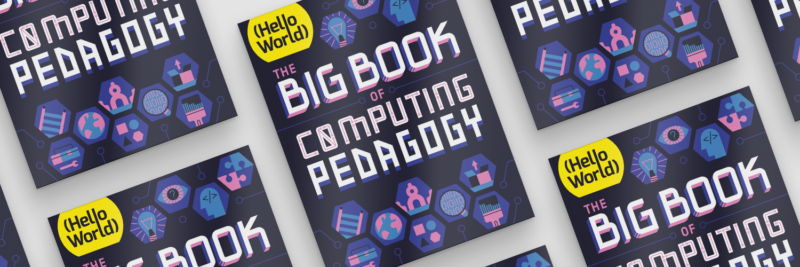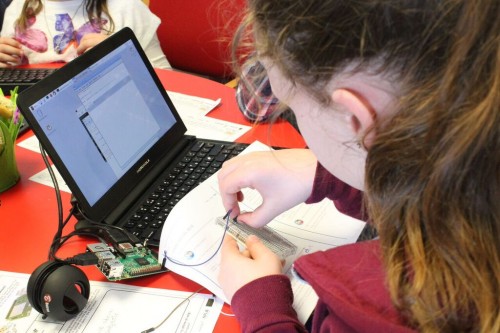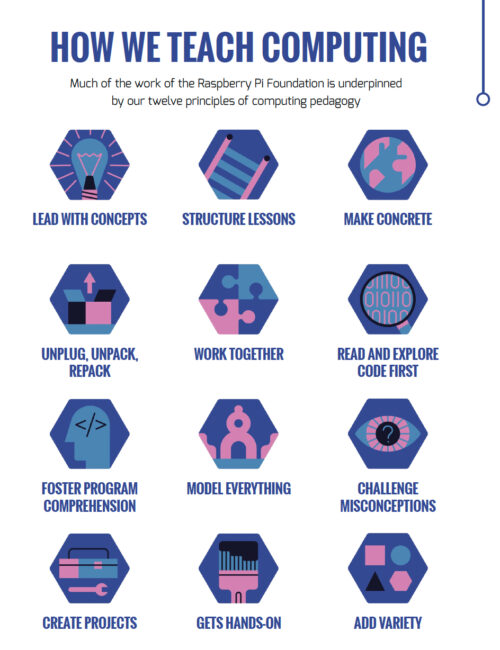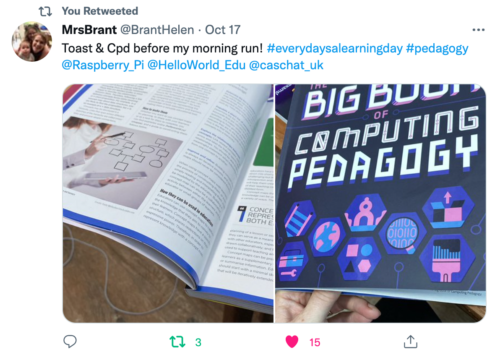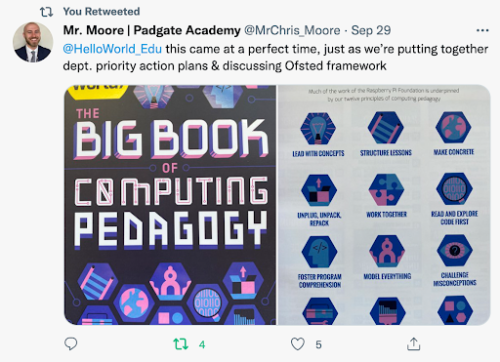Post Syndicated from James Robinson original https://www.raspberrypi.org/blog/reflecting-on-computing-education-hello-world-special-editions/
Reflecting is important within any line of work, and computing education is no different. Reflective practice is always valuable, whether you support learners in a non-formal setting, such as a Code Club or CoderDojo, or in a more formal environment, such as a school or college. When you reflect, you might for example evaluate a session or lesson and make changes for next time, or consider whether to reorder activities and learning across a longer time period, or even think broadly about what you teach and how you teach it.
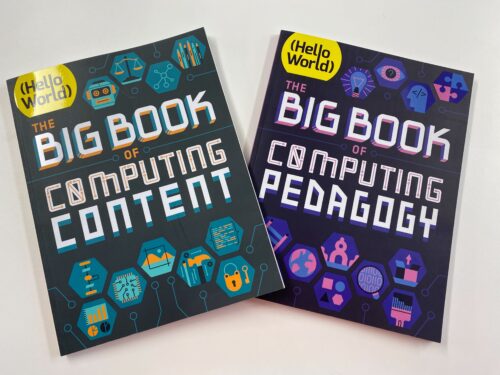
This is where our two special editions of Hello World come in: The Big Book of Computing Content and The Big Book of Computing Pedagogy. Both available as free downloads, they help you reflect on what you teach within Computing and how you teach it.
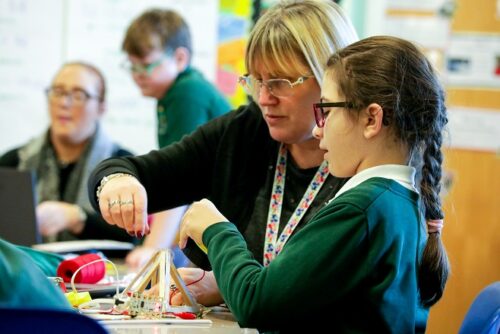
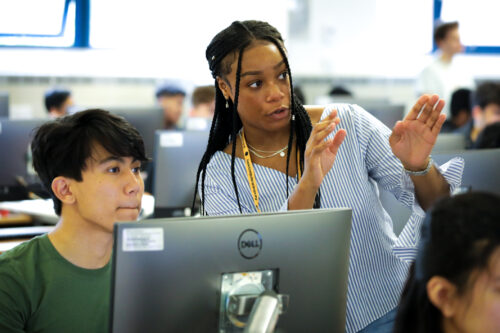
What you teach: The Big Book of Computing Content
Computing is a broad and interdisciplinary subject, and different curricula and courses around the world focus on different aspects of it. For all of us, therefore, computing is framed by the curricula with which we are working and the terms which we’re using to talk about the subject. Over the past years at the Foundation, we have been developing a Computing taxonomy to help describe the different aspects of the subject. The Big Book of Computing Content is based on this taxonomy. The aim of this special edition of Hello World is to illustrate the breadth of Computing, and to model language that describes the different concepts, knowledge, and skills that comprise it.
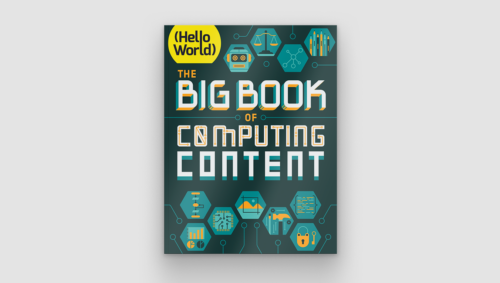
We have organised this Big Book according to our taxonomy’s 11 content strands and also included progressive learning outcomes for each strand at different stages of learning. These outcomes are not prescriptive; instead they illustrate the wide applications of the subject by highlighting the kinds of knowledge and understanding that learners could develop in each area of Computing.
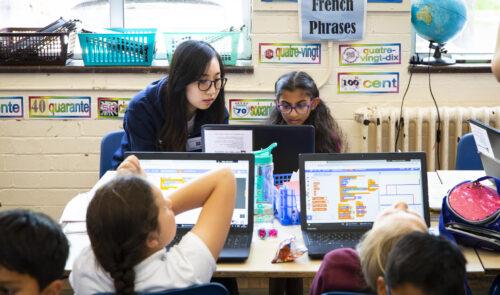
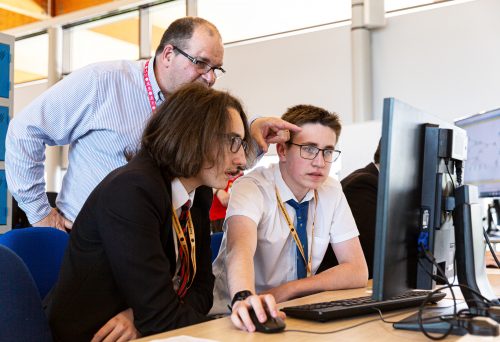
We hope that The Big Book of Computing Content encourages educators to reflect on all aspects of Computing and how they interconnect, as well as on the language we use to describe Computing. Whether the Big Book helps you to discover new aspects to Computing, to think about the subject differently, or simply to see the differences in how we as educators talk about our subject, the time you spend reflecting is important and valuable.
How you teach: The Big Book of Computing Pedagogy
One part of our work as educators is understanding the breadth of Computing and the specific ideas within it. The other part is reflecting on how we teach the subject: the specific methods, strategies, and practices we can use with our learners. The Big Book of Computing Pedagogy describes a range of teaching approaches framed around our 12 pedagogical principles for teaching Computing. Each research-informed principle either reflects how general-purpose pedagogy applies within Computing or explores pedagogies specific to Computing itself. This Big Book consists of research summaries as well as practical articles from educators which illustrate how you can apply the different pedagogies.
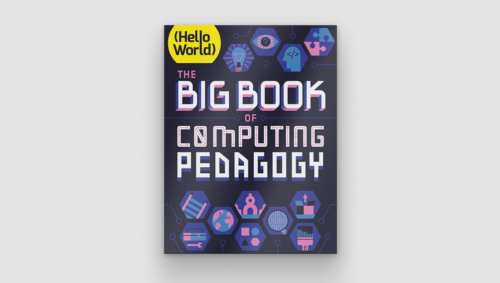
Rather than prescribing a set of principles that educators must follow, the aim of The Big Book of Computing Pedagogy is to help you develop your understanding of a range of pedagogical approaches which you can select, apply, and adapt to suit your context.
Reflect to develop your knowledge and agency
Ultimately we want to support all Computing and Computer Science educators to build their understanding of subject matter (that is, content) and pedagogy, or what is called pedagogical content knowledge (PCK, a term popularised by Lee Shulman). Combining your PCK with your grasp of the context of your learners, curricula, and setting will enable you to choose suitable practices for your content and context.
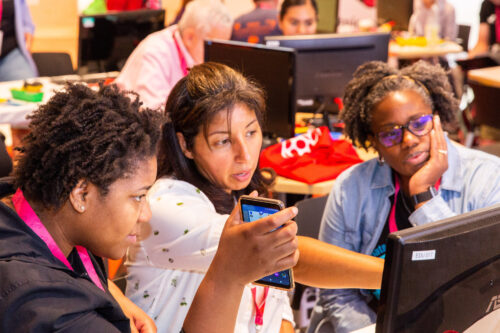
We hope that you find the two Big Books to be valuable reference tools to help you and your peers reflect on what it is you mean when you talk about Computing, and on how you teach the concepts, knowledge, and skills within it. Both books are available as free PDF downloads.
We would love to hear examples of how you have used The Big Book of Computing Pedagogy or The Big Book of Computing Content to inform your own teaching practice or to discuss practice with colleagues. Tell us in the comments.
The post Reflecting on what we teach in computing education and how we teach it appeared first on Raspberry Pi.
